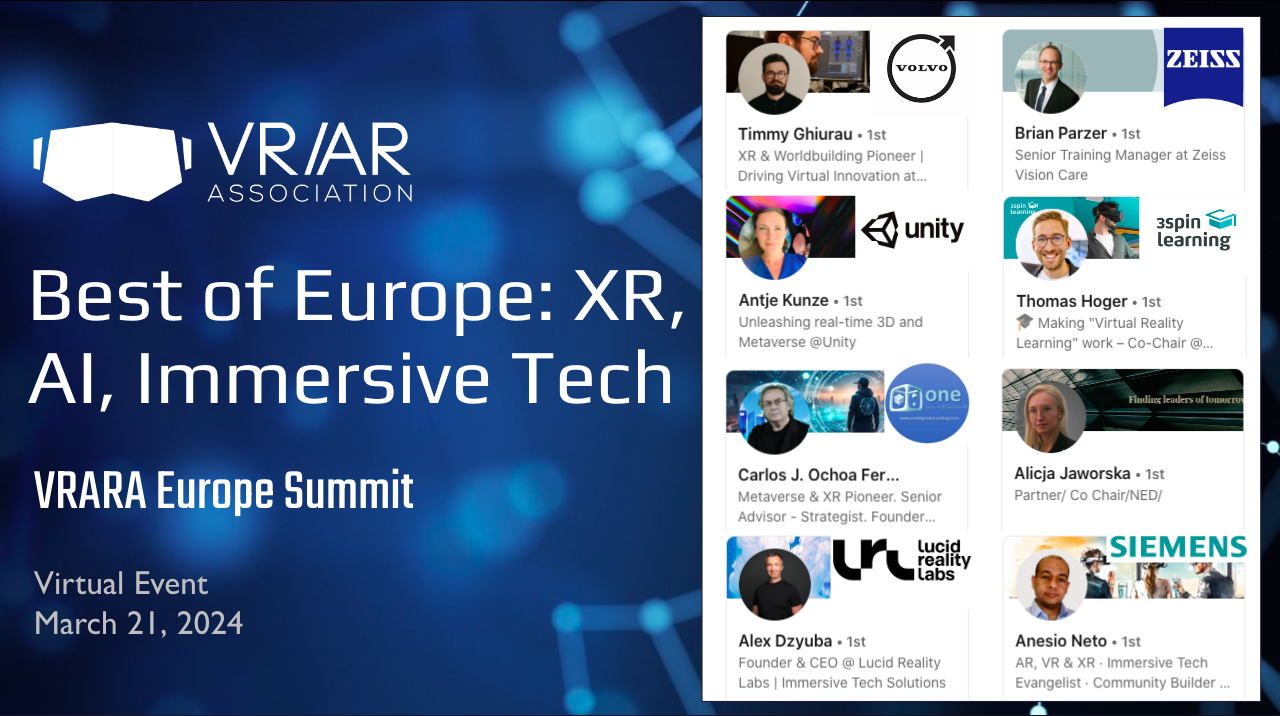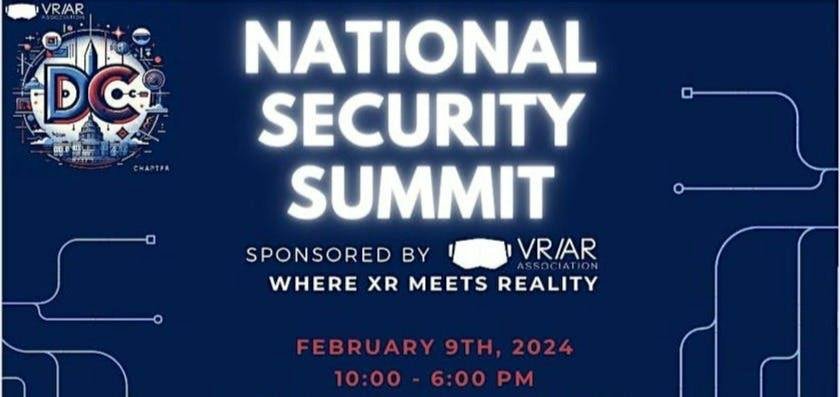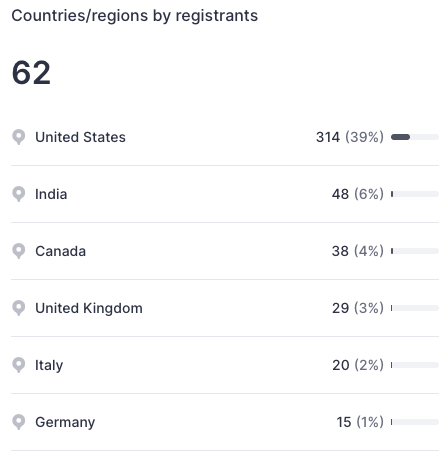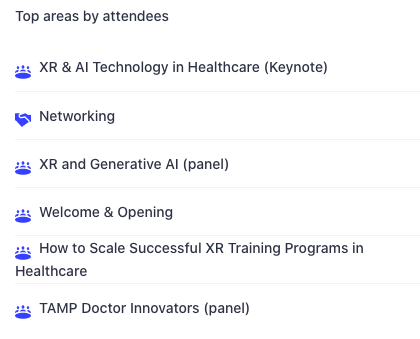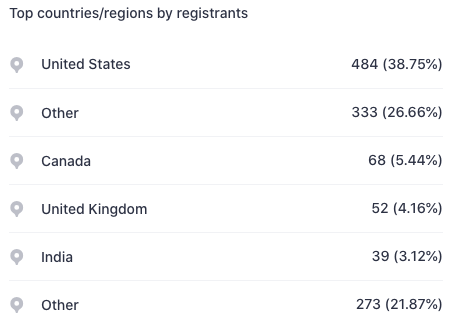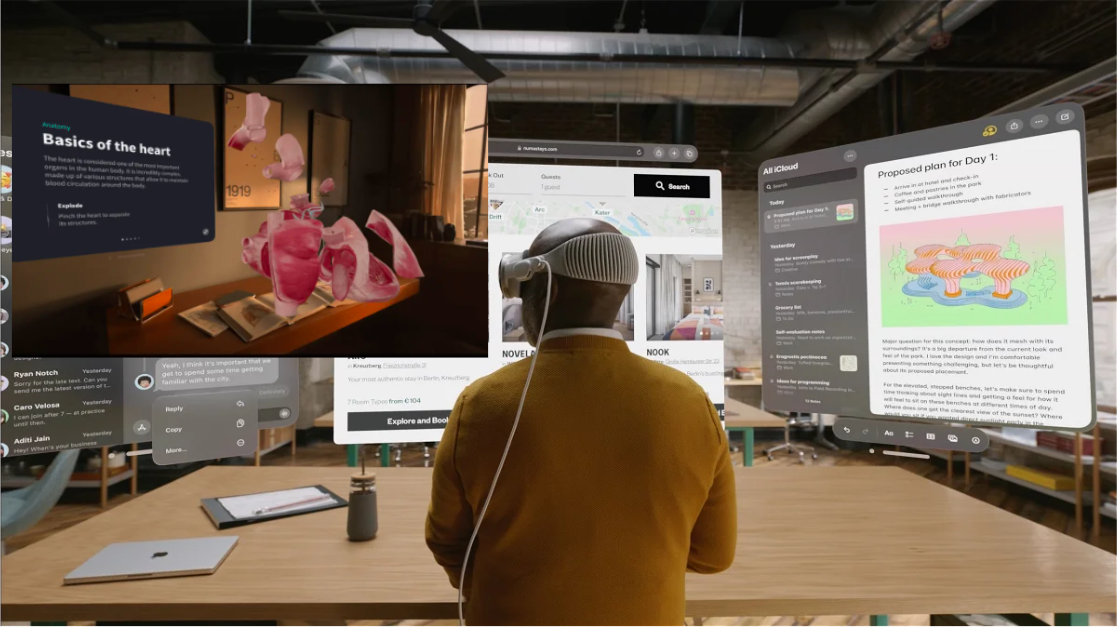VRARA Retail Co-Chairs
Sonia Schechter, 3D Cloud by Marxent
Sarah Ennis, Intergalactic Agency
VRARA Retail Working Group Contributors
Ben Feld, Niantic
Lucky Gobindram, CemtrexXR
Vanessa Mullin, Agora
Aditya Mani, YOLOgram Style
Hassaan Iftikhar, Aequilibrium
Navjeet Chhina, Genius Ventures Inc
Jessi Sparks, Magnetic Mobile
Delz Erinle, Astraverse
Michael Potts, Polycount
Rachel Fischbein, Fashion Incubator San Francisco
Oktay Kesebi
Foreword: Unlocking the potential of AR, VR, and Web3 in retail
Beck Besecker, Founder & CEO, 3D Cloud by Marxent
It used to be relatively easy to test new retail tech concepts. Back in 1999, I worked for a datadriven couponing company. We conducted a simple experiment by having my team stand next to products in convenience stores and hand out coupons as shoppers passed by. Looking back, that experiment seems ultra-simple when compared to testing the current class of retail technologies.
But the good news is that testing new ideas doesn’t have to be complicated. The potential of today’s cutting-edge technologies—Augmented Reality (AR), Virtual Reality (VR), and Web3—is crystal clear, and there are accessible methods for quickly testing ideas. This is good news because consumers want to shop with these technologies.
According to a recent Harris Poll/Footwear News survey conducted in March 2023, 69 percent of online shoppers in the United States expressed their interest in using an FDA-cleared AR scanning app to try on apparel and footwear purchases.
Furthermore, approximately 62 percent of shoppers revealed their willingness to use smartphone scanning to determine the correct sizes for their apparel and footwear purchases. But the applications of AR continue beyond virtual try-on.
Our own data shows a staggering 300 percent increase in conversion rates when shoppers utilize the “View in Room” AR feature while shopping for furniture. Retailers across various categories are testing other applications, ranging from Snap lenses to in-store virtual mirrors.
While testing AR, VR, and Web3 may seem more complex than my in-store couponing test, they are well within the reach of retailers eager to evolve their strategies and embrace technologies that resonate with millennials and future generations. These emerging tools offer the ability to enhance the customer experience, drive operational efficiencies, and unlock previously unimaginable levels of engagement.
Retailers today have only begun to scratch the surface of what these transformative technologies can offer. They possess the power to redefine how businesses interact with customers, presenting exciting possibilities for innovation and growth. Now is the time to seize this opportunity, educate yourselves, build confidence, and test your ideas for utilizing AR and VR.
In this ebook, a group of early developers of retail technologies will serve as your guides on this journey. Our goal is to demystify these technologies, making them more accessible and easier to understand. We aim to empower retailers to explore and harness the immense potential of AR, VR, and Web3 in their own unique ways.
Drawing from our collective experiences and insights gained from numerous retail deployments, we have witnessed firsthand the immense impact these technologies can have. We have seen customers transported to virtual showrooms, engaging with products in ways previously only possible in dreams. We have witnessed shoppers trying on virtual garments, enabling them to visualize and personalize their style like never before. The power of AR in enhancing the in-store experience is undeniable, seamlessly blending the physical and digital worlds to create captivating environments that capture shoppers’ imagination.
Consider this ebook your trusted resource and compass as you embark on your exploration of AR, VR, and Web3. We will delve into the fundamentals, provide practical implementation advice, and showcase inspiring examples that illustrate the transformative power of these technologies. Our aim is to ignite your imagination and spark ideas for your own retail revolution.
It’s time to break free from the constraints of the past and embrace the boundless potential of the future. Together, let’s unlock the door to a new era of retail where AR, VR, and Web3 revolutionize the industry and make the shopping experience better for all.

